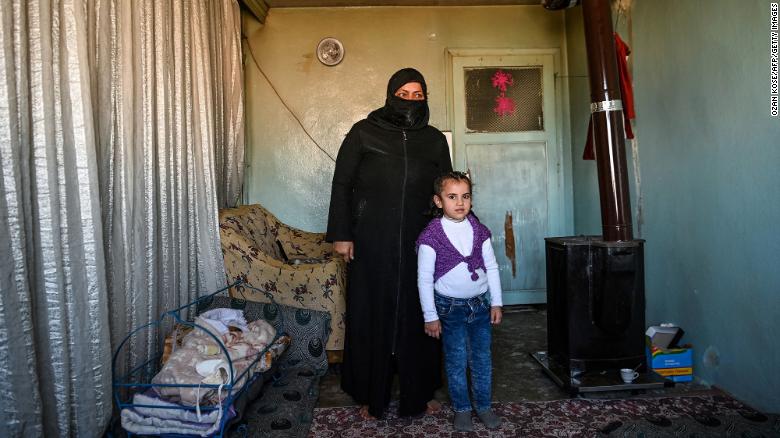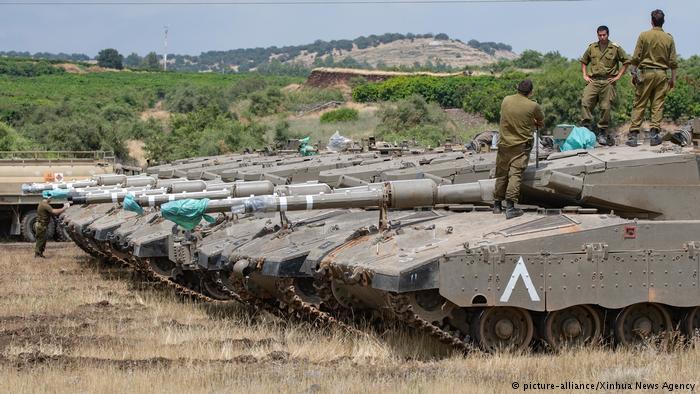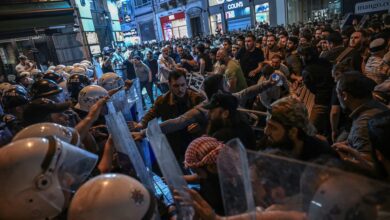
Istanbul (CNN) – The fate of millions of Syrian refugees in Turkey hangs in the balance amid fears that they may become pawns in the country’s changing politics.
Syrian refugees have become central in the political debate in Turkey ahead of elections next year. Calls to repatriate them to war-torn Syria used to be the cause of fringe, right-wing parties, but now they’ve become mainstream as the country reels from an economic crisis.
Turkey, once a sworn enemy of Syria’s regime, has lately been sending signals that it’s ready to start talking to it. That has shocked many Syrian refugees in Turkey, most of whom fled the violence there and fear for their lives if they return home.
“There isn’t a precondition for dialogue [with Syria],” Foreign Minister Mevlut Cavusoglu said in an interview last week. “What matters more is the aim and target of that dialogue,” he told Turkish broadcaster Haber Global.
His comments marked a dramatic shift from Ankara’s position over the past decade. Turkey has been one of the main backers of the Syrian opposition and armed factions that have fought to topple the Assad regime there, and it has intervened in the conflict militarily. The Turkish military maintains a presence across its border with Syria and in areas inside Syria it controls along with Syrian opposition forces.
Cavusoglu made his comments just days after Turkish President Recep Tayyip Erdogan told reporters that “diplomacy can never be cut off” with Damascus, and that Ankara needs to “secure further steps with Syria.” Ankara’s goal, he added, was not to defeat Syrian President Bashar Al Assad.
Just a decade ago, Erdogan described Assad’s regime as a “terrorist” one that would “pay the price” for the Syrian lives lost in the war. He also vowed to pray in Damascus’ famed Umayyad Mosque, suggesting that the regime would be toppled.
Turkey has recalibrated its foreign policy over the past year to mend ties and reconcile with neighbors, including the United Arab Emirates, Saudi Arabia and Israel. Turkish officials also appear to be working towards restoring ties with Egypt, whose ruling regime overthrew a democratically elected Islamist government that was backed by Turkey.
This softening of Ankara’s position also comes as several Arab states turn the page on Syria’s war and welcome Assad back into the regional fold.
Conciliatory statements by Turkish officials are however a calculated move directed at the domestic audience ahead of elections next year, Asli Aydintasbas, senior fellow at the European Council on Foreign Relations, told CNN.
“We are heading into elections, [Erdogan’s] numbers are looking very uncertain and the refugee issue seems to be one of the top concerns for Turkish voters across the political spectrum, including his own base,” she said.
Anti-refugee sentiment has been on the rise in Turkey in recent months. The country hosts the world’s biggest population of refugees, and it is facing a deepening economic crisis with inflation near 80% — the highest in almost three decades. According to the United Nations, the nation of 86 million hosts around 4 million registered refugees, the vast majority of whom are Syrian.
“Refugees are the scapegoat,” Aydintasbas said. “There’s no economic or even real reason for this, but people, when [they’re] unemployed, when [they see] their purchasing power decline, find refugees as a convenient scapegoat.”
Observers and rights groups say Turkey is unlikely to send Syrians back to their country if it’s unsafe for them, due to international treaties protecting the rights of refugees. But they expect this will continue to be used as a tool to rally support by all parties ahead of next year’s vote.
“This whole notion of starting a political dialogue is intended to reassure voters that the government is doing something, [and] has plans for the repatriation of Syrians, even though this is unlikely to happen,” Aydintasbas said.
Despite reassurances from the Turkish government that there will be no forced returns, many Syrians in Turkey fear they will be made to go back. Those in opposition-controlled regions of Syria fear their areas will be handed back to Syrian government forces.
“We will be executed one by one without any hesitation because we started this revolution,” Ammar Abu Hamzeh, a 38-year-old father of four in the northern Syrian city of Al-Bab, told CNN. “If the regime comes to the liberated areas, we will either die or we will have to flee with our families to Europe through Turkey.”
Both the ruling party and the opposition in Ankara have suggested that normalization with the Assad regime is necessary to deal with Turkey’s refugee issue.
When the Turkish foreign minister first hinted at reconciliation earlier this month and revealed he had a brief encounter with his Syrian counterpart on the sidelines of a conference last year, it sparked outrage in the last remaining part of rebel-held Syria.
A Syrian in Istanbul described the fear in his community amid the uncertainty. He spoke to CNN on the condition of anonymity because of his own precarious status in both countries.
“[Erdogan] wants to win the election and we will pay the price,” he said. “If Erdogan wins, they probably would not send us back without guarantees, but if the opposition wins they will probably open the gates and send us all back. We will need to look at going to other countries.”
Gestures toward the Syrian regime would likely be part of Erdogan’s election pledge, said Aydintasbas. “It’s highly unlikely for this to move forward, other than pleasantries between Turkey and Damascus.”
CNN’s Isil Sariyuce and Celine Al-Khaldi contributed to this article.




